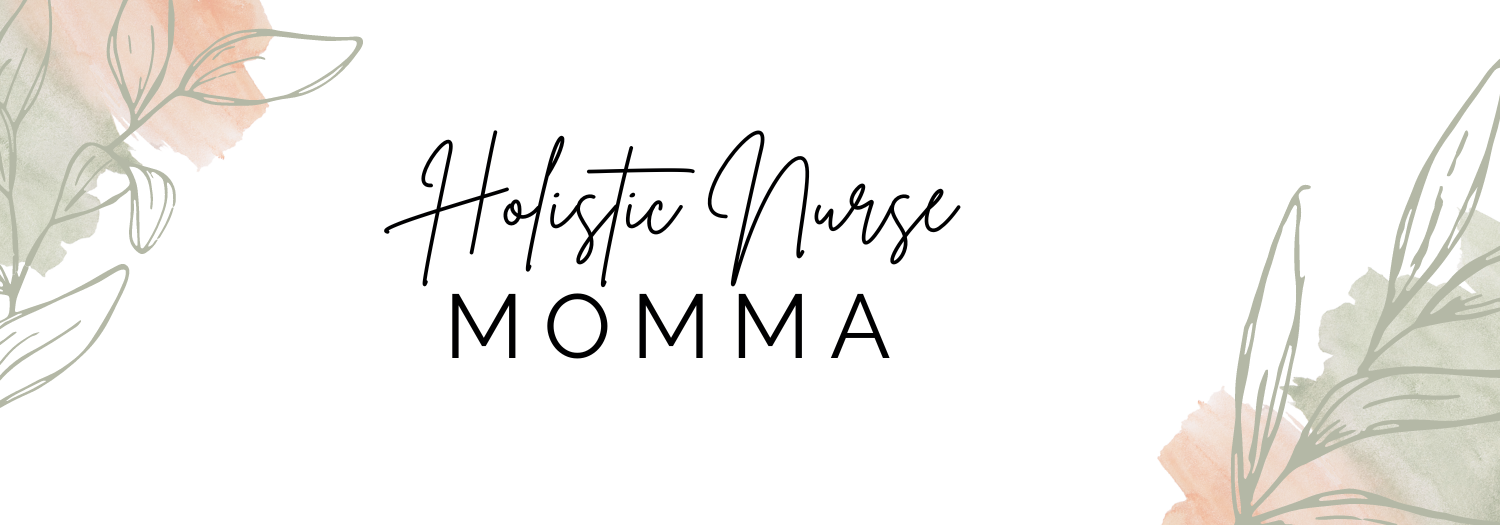It’s the end of the work day and your brain is tired. Although you felt super energized as you left work, as soon as you walk in the door, you just want to prop up your feet and binge on your new Disney+ subscription instead of prepping a delicious meal. So you pop open your organic freezer meal, throw it in the oven, and sit down to watch something good. What gives? Your mind and body are use to these habits my friend.
Forming Habits
Humans are creatures of habit. You get into a routine and it can be hard to change, even if you know it’s not good for you. Charles Duhigg says that “your habits are what you choose them to be.” So, when you felt sleepy, naturally you wanted coffee (or whatever your stimulate of choice is). What you may not realize is that your brain needs a break. The further you get into a habit, the more your brain is able to go into autopilot and take a break.
Our habits are formed due to cues and rewards. But rewards aren’t necessarily something we pick up on. Connection, relaxation, & freedom can all be, what our subconscious sees, as a reward.
What Exactly Are Habits
Many decisions aren’t really decisions at all. The subconscious knows that when you were last faced with this decision, you did XYZ. It becomes familiar and, if no negative consequences occurred, safe. So you do it again without any conscious thought to it or your body cues you to do it. A habit could be brushing your teeth in the morning. Or, it could be telling yourself you need alcohol when you’re stressed. Duhigg breaks this down into three steps in his book The Power of Habit: Cue, Routine, Reward.
So an example of a healthy habit would be:
Cue: I feel stressed as the children are screaming at one another.
Routine: I walk away and take five deep breaths before screaming like a banshee or saying something unkind.
Reward: I don’t have a headache and I’m not an a$$hole mom saying unkind things to my children. This later reflects on my children as they learn to respond in a similar manner to stressful situations.
Another could be:
Cue: You’re stressed
Routine: You open a freezer meal then sit and binge Disney+
Reward: You were able to sit and perform a mindless task (instead of cooking supper), allowing you to physically and mentally relax
What the Science Says
Research performed by Dr Vanessa Patrick shows how you can ‘trick’ yourself into not performing a task you have made into a habit. When you are triggered by a habit you’re trying to break, using the words “I don’t” is the most effective way to avoid reverting back to your old habit. Saying “I don’t” was three times more effective than saying “no” and eight times more effective than saying “I can’t”. It goes to show how powerful our words and thoughts can be! Just as with a habit, if we watch our thoughts and turn them when we notice we’re thinking something we don’t want to think, then we begin to believe these words.
Remember when your parents told you to not say “I can’t” as a kid? Well, those words still hold true in adulthood! Get them out of your vocabulary and replace them with “I don’t”. “I don’t” is empowering, you feel strong when you say it. “I can’t” makes you feel deprived and like you’re missing out. It also sounds like some outside force is making you do something, not your own free will.
So let’s take that scenario from above and switch it to a healthier one. Instead of “I can’t do anything but watch Disney+ right now”, think “I don’t watch Disney+ when I’m stressed & will cook a meal that will nourish my body”.
Create Change
Changing your habits doesn’t happen overnight. It’s going to take some consciousness and time to reform them. I personally have been working on this for a few months now. Instead of saying “Please, just let me be patient”, I tell myself “I am patient and kind.” I’ve even been trying it with the girls. Every few nights we try and tell each other nice things at the supper table. Stella has even been saying nice things to all of us!
Another way to do this is to take a journal and write out thoughts you want to happen. This is one step further than thinking about the change in the here and now. I’m big on manifesting change and believe that it helps give me confidence, even when I’m fearful and not 100% sure in myself. When you shift your mindset, it helps you to start believing in yourself.
How to Start
- Think of the change or goal you want and write it down.
- Now, focus on that goal. Why do you want it? How do you see yourself in 30 days meeting these goals? What in your life will change if you go for this goal? Write all of this down to help remind you of what this change will bring.
- Commit to your goal for 30 days. Although studies suggest you need 90 days to make it a habit, if you can do it for 1 month, then I know you can keep it up for longer!
- At the end of each week, reevaluate your goal. See what is working, what isn’t working, and how to make changes so it does work.
- If you’re having a hard time, go look at your why and what this change will bring to you. This will help you stay on track.
As you’re reevaluating yourself, remember, that this is new to you and you’re learning. Each time you feel like you failed, reframe your mind. This isn’t a failure, but rather, a lesson. Also, don’t compare others, especially those who have been at it for awhile. They didn’t get there overnight just as you won’t.


Leave a Reply